
SWI swissinfo.ch Annual Report 2023
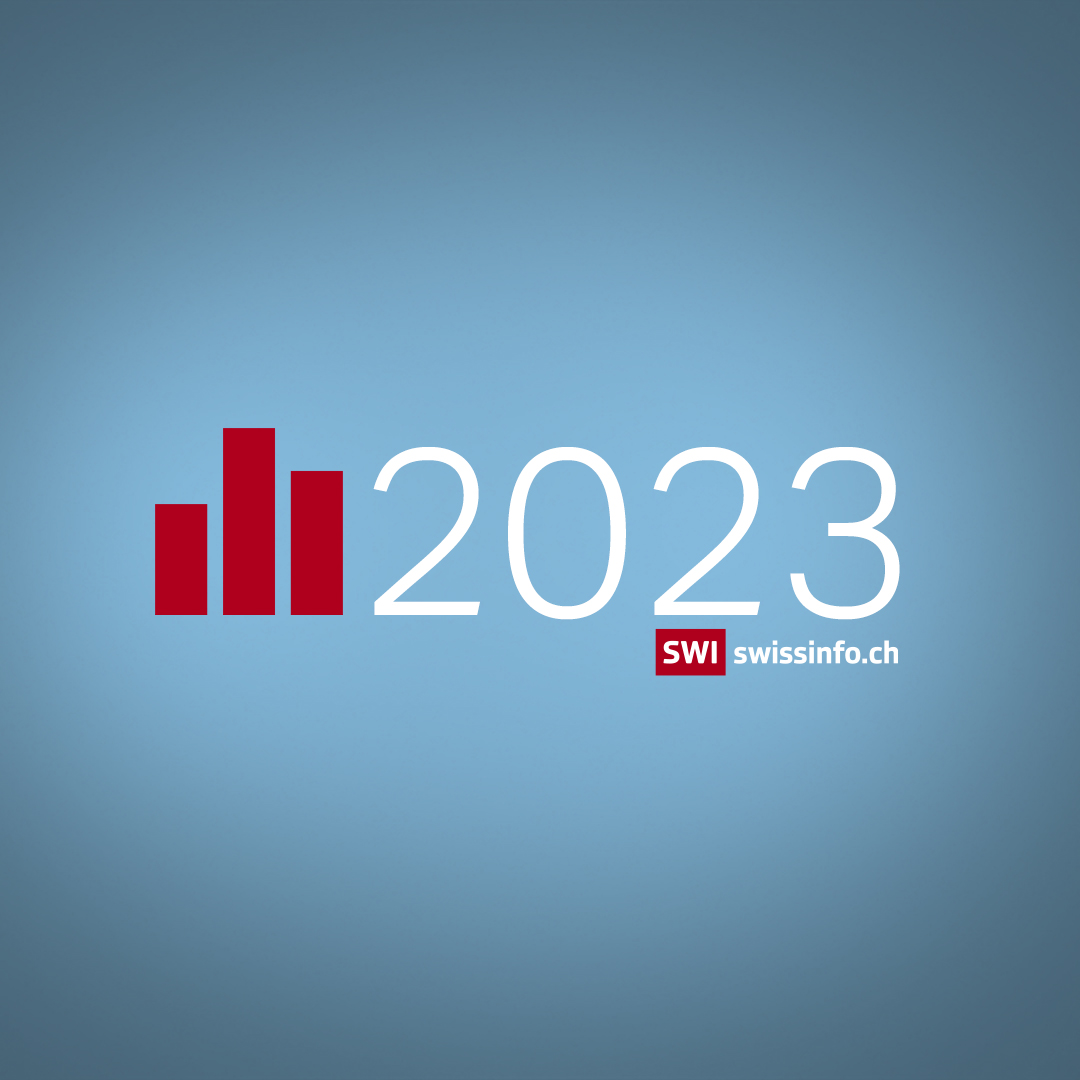
Dear friends of SWI swissinfo.ch, dear Swiss Abroad, dear readers everywhere who are interested in Switzerland.
The constellations of power in the global system are changing. This makes it challenging for Switzerland to position itself in the world. Against the backdrop of wars in Ukraine and the Middle East, Switzerland’s interpretation of its neutrality has come in for criticism internationally.
Consequently, SWI swissinfo.ch articles on these and other topics related to Switzerland are in high demand. In 2023 we counted over 46 million visits to our websites and apps, as global developments drive the need for information and background reports from Switzerland.
In this annual report, we take you on a journey through a selection of those articles and investigations that gave users both inside and outside Switzerland something to talk about. You’ll also get a glimpse behind the scenes that we hope will surprise you.
Democracy in action: the federal elections
The parliamentary elections at the end of October were a central element of our reporting this year.
We followed the campaign and the voting with comprehensive coverage both on our website and on our free app, SWIplus. Our journalists carried out analyses of the parties and their positions, offered readers an election guide and, following the October 22 vote, provided full results and analyses.

More
Eight takeaways from the 2023 federal elections in Switzerland
In addition, we scrutinised all the major parties on their positions on issues that are of particular concern to the Swiss Abroad, such as e-voting and banking in Switzerland.
All over the world, democracies are under pressure. The elections in Switzerland were closely observed in many countries. Our own journalists, who hail from different parts of the world, explained what made these elections particularly exciting for them.

More
Our global journalists on the stakes of Swiss elections
How the Swiss Abroad voted
In the run-up to the elections, the SWIplus app was given a design and content make-over.
If you have not yet downloaded it, why not take a look now?
In our election guide ahead of voting day we progressively added background pieces on the elections, pieces that were explicitly tailored to the Swiss Abroad – such as on e-voting, which was possible in a few cantons.
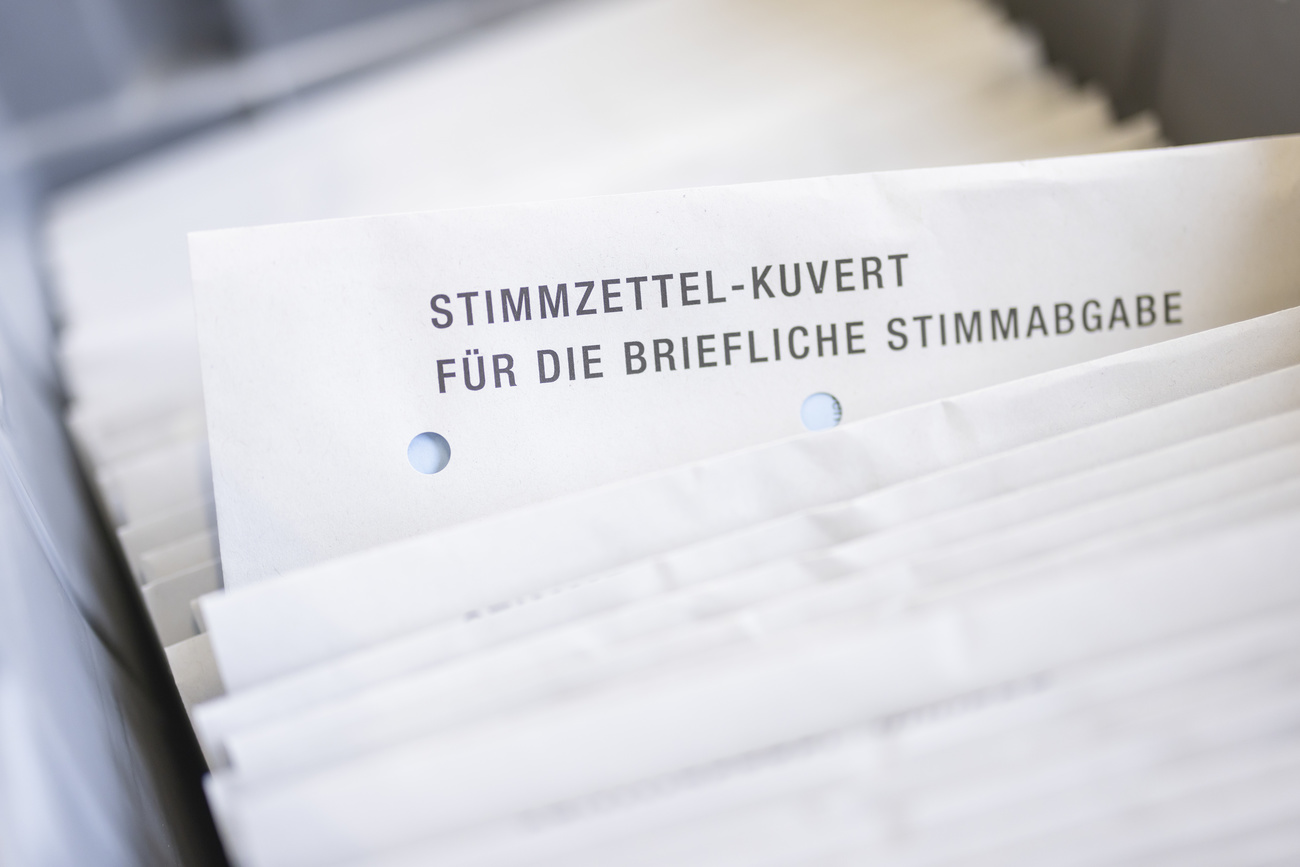
More
Swiss Abroad: e-voting doesn’t make up for frustrations
In the wake of the elections, we took a closer look at the outcome for the Swiss Abroad. Once again, none of the 43 Swiss Abroad candidates made it into parliament – making insights into the voting habits of the Swiss Abroad community all the more interesting.
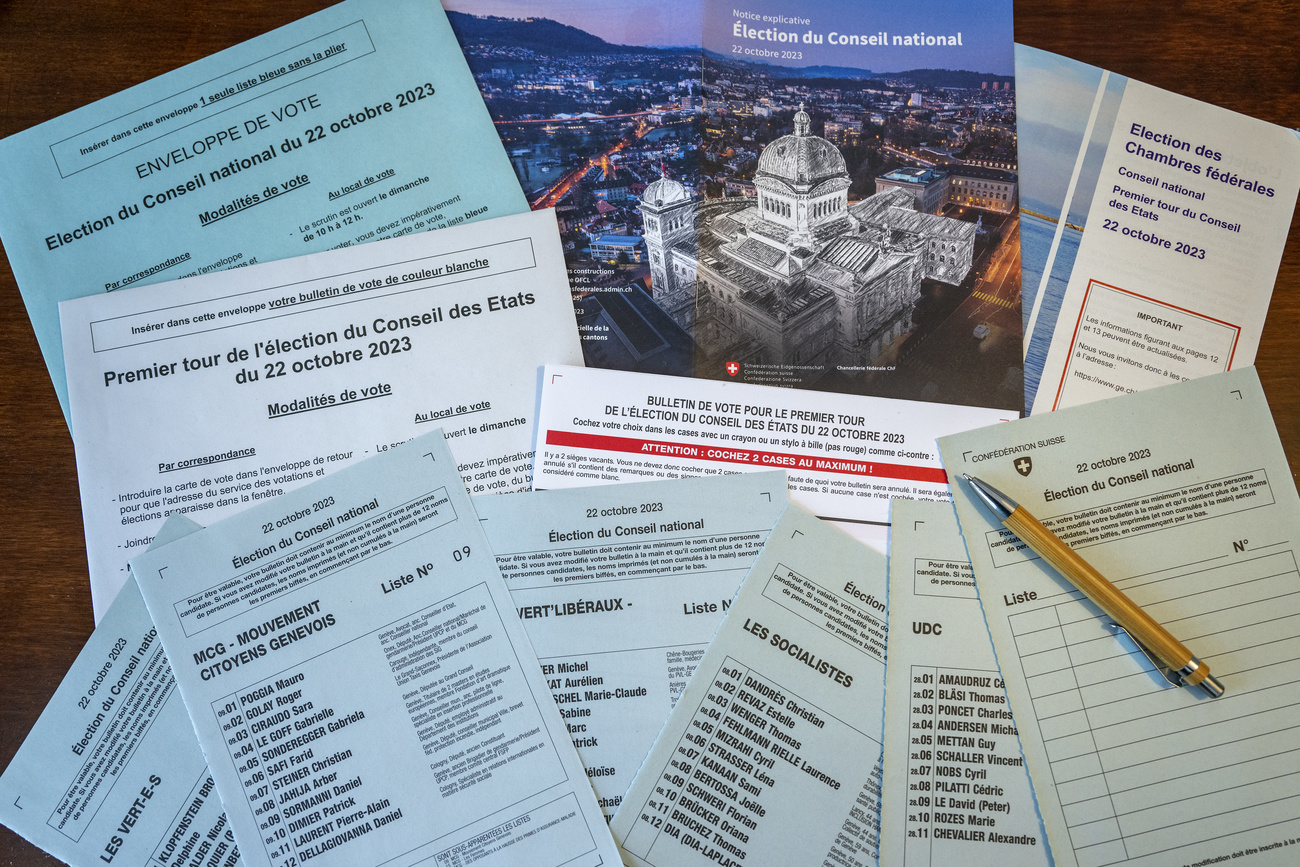
More
Swiss Abroad also turn their back on Greens
Let’s talk – a video debate
In the video series Let’s talk, we discuss issues of relevance with high-profile guests. In 2023 our focus was on the main topics driving the federal election campaign. Here we explicitly addressed the Swiss Abroad and invited those with a stake in these issues to offer their views.
Is there a topic you’d like to see covered in the debate? Write to our Let’s talk host, Balz Rigendinger.
Here you can find all the previous debates.
How crucial trust is for Switzerland
One important foundation for a functioning democracy is trust in institutions, as we showed in a series of articles.
In Switzerland people trust the political system, the authorities and the strong Swiss franc. We also identified some instances where trust can wane.

More
Why people in Switzerland trust the state
First global spotlight in 2023: the WEF
After the global Covid-19 pandemic, the 53rd edition of the World Economic Forum (WEF) in Davos offered an opportunity to shake hands again.
From January 16-20, 2023, over 2,500 representatives from the worlds of politics and business met to discuss solutions to geopolitical tensions, wars, hunger, the climate crisis, the aftermath of the pandemic and a range of other challenges.
A look back at WEF 2023 in numbers:

More
WEF by the numbers: highlights and horrors
Davos is also a hub for scientific research
Hosting the WEF puts the global spotlight on the Alpine resort of Davos. But the ski town is less well known for its long history as a hub of scientific innovation. Medical researchers from all over the world work in Davos in state-of-the-art research and teaching facilities.
These centres rely on local synergies but also work closely with national and international research networks. This “other” Davos was documented by Michele Andina and Sara Ibrahim in a video series, Scientific Discoveries:
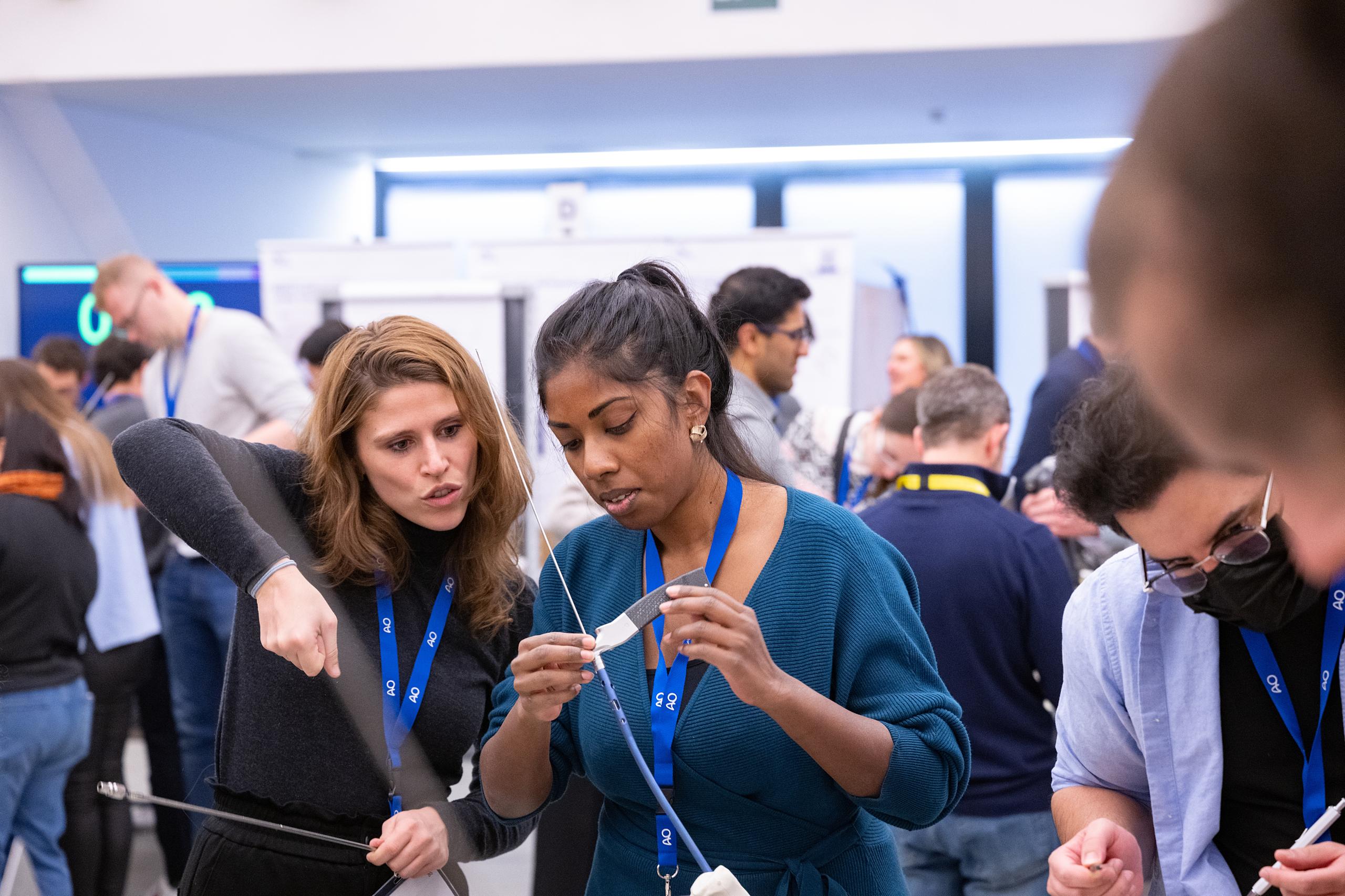
More
How Davos’s storied past is shaping the future of medicine
Access to information in Russia
Near the end of January 2023 SWI swissinfo.ch noticed that visits from users in Russia to our Russian-language site had plummeted. Clearly technical accessibility is no longer guaranteed everywhere in Russia.
In order to maintain access to independent and balanced journalism for readers in Russia, we expanded our social media capacities in Russian and showed our readers ways they could get around the censorship.
SWI swissinfo.ch, in consultation with the Federal Office of Communications, decided to provide news in UkrainianExternal link for a further year as a way of supporting an international information service for Ukrainians who have fled their homeland. By summer 2023, Switzerland had welcomed 80,000 Ukrainians under the special protection status S.

More
Ukraine Russia war
Switzerland and sanctions – an issue that won’t go away
Since Russia invaded Ukraine and occupied parts of the country, Switzerland has struggled with the implementation of sanctions against Russia. This has more ramifications than might appear, including in areas such as arms exports, the trade in gold, and corporate transparency.
Highlights from our podcast productions
With “Dangereux Millions” in 2023, we extended our production of podcasts exclusively for French-speaking audiences interested in Switzerland.
Together with Gotham City External linkand Europe 1 StudioExternal link, we co-produced a podcast that uncovers how Switzerland has been misused for decades as a hub for money-laundering.
Thanks to the cross-border cooperation involved, this podcast was widely distributed and was downloaded 123,700 times.
Article available in German and French:
In addition to Swiss Connection and Geldcast Update, in English we also produced the podcast Inside Geneva.
The Geneva correspondent for SWI swissinfo.ch and the BBC, Imogen Foulkes, discusses global issues with experts from a wide range of international organisations based in Geneva.
This podcast is produced in cooperation with the Genève Vision media network and the Geneva Graduate Institute.

More
Inside Geneva podcast
As part of Inside Geneva, Imogen got an exclusive for our audience: to mark the 75th anniversary of the Universal Declaration of Human Rights, she gathered all the former human rights commissioners of the United Nations who are still alive to take part in a discussion.
In the podcast, they shared their assessment of the impact of the Declaration and the office of the rights commissioner on the development of the world.
In German we presented the Geldcast podcast on Swiss monetary policy, and in Portuguese O Sequestro da Amarelinha, a co-production with Piauí magazine and Rádio Novelo.
Our video features: from vertical to horizontal
We are active on Instagram (in ten languages) and TikTok (in English) as many members of our worldwide community are increasingly using these social media platforms.
As a media outlet, it is essential for us to produce and offer all new storytelling formats that are establishing themselves in the mainstream, such as what we call vertical videos (mobile-phone portrait format, known as Reels on Instagram).
For example, this TikTok explainer from summer 2023 on why the Swiss government is so stable compared to many political systems elsewhere garnered 470,000 views, 54,000 likes and 750 comments.
@swissinfo.chExternal link Why is Switzerland's government so stable? Here are four reasons why. #swissinfoExternal link #swissExternal link #schweizExternal link #suisseExternal link #svizzeraExternal link #switzerlandExternal link ♬ original sound – SWI swissinfo.chExternal link
It is a myth, however, that everyone just watches short video clips now. We see this with our horizontal video series On the Record, which we launched in 2023. The interview our reporter Elena Servettaz did with Sergei Pugachev, for instance, garnered 155,000 views in EnglishExternal link and 420,000 views in RussianExternal link on YouTube.
SWI swissinfo.ch at the Global Forum on Modern Direct Democracy
Direct democracy is still in its infancy in Mexico, whereas Switzerland has many years of experience in this field. Yet both countries have the same goal: to build a more egalitarian and inclusive society.
A small group of journalists from the Mexican news portal Animal Político External linkand SWI swissinfo.ch met in spring 2023 at the Global Forum on Modern Direct Democracy in Mexico City.
The purpose of the meeting was to explore the different experiences that the two countries have had with direct democracy. The journalists put together their findings in this article, which you can also read in Spanish.
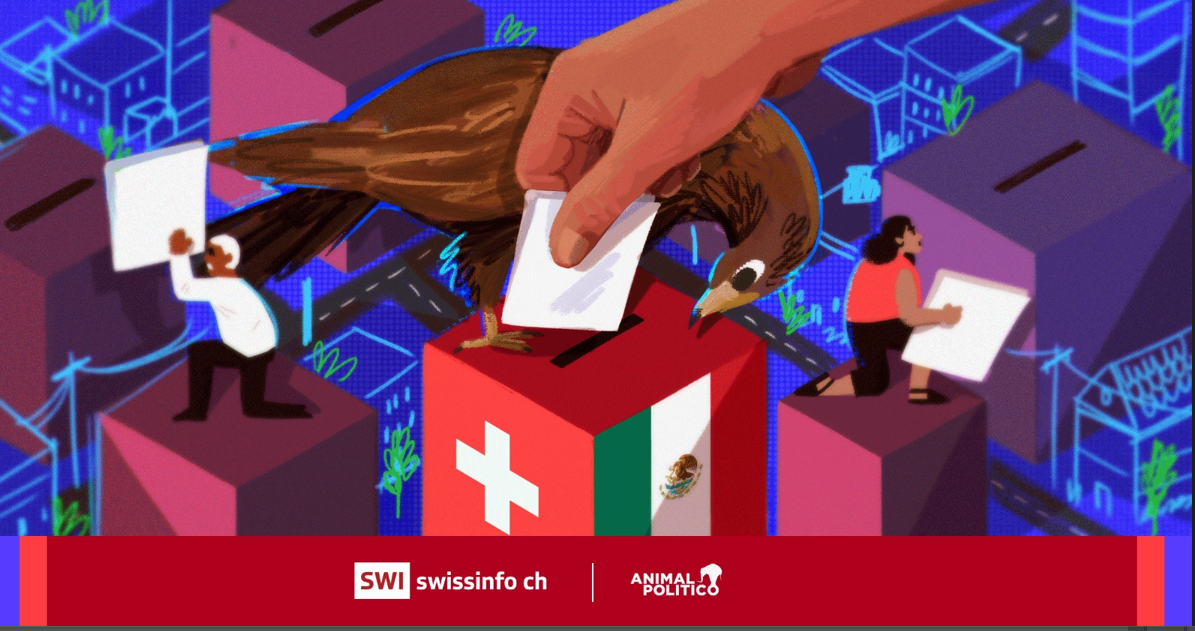
More
Voices of democracy in Mexico and Switzerland
Awards and certifications
At SWI swissinfo.ch, we are constantly monitoring the quality of our own reporting.
But we are also happy when independent institutions and organisations assess the quality of what we do and award us distinctions or certifications.
In 2023 we were recognised on four occasions:
🎖Special prize for overarching efforts to promote democracy
The media prize given by the Swiss economics and finance magazine Private is billed as “the biggest and most renowned international award for quality journalism in Switzerland and Europe”. On May 24, 2023, SWI swissinfo.ch received the (non-monetary) special prize for overall achievement in the science and enviroment category.
In giving the award, the jury said: “For years, SWI swissinfo.ch has played an important role in promoting our democracy and fostering cohesion in our society. A role for which it deserves to be recognised with a special prize for its overall body of work.”
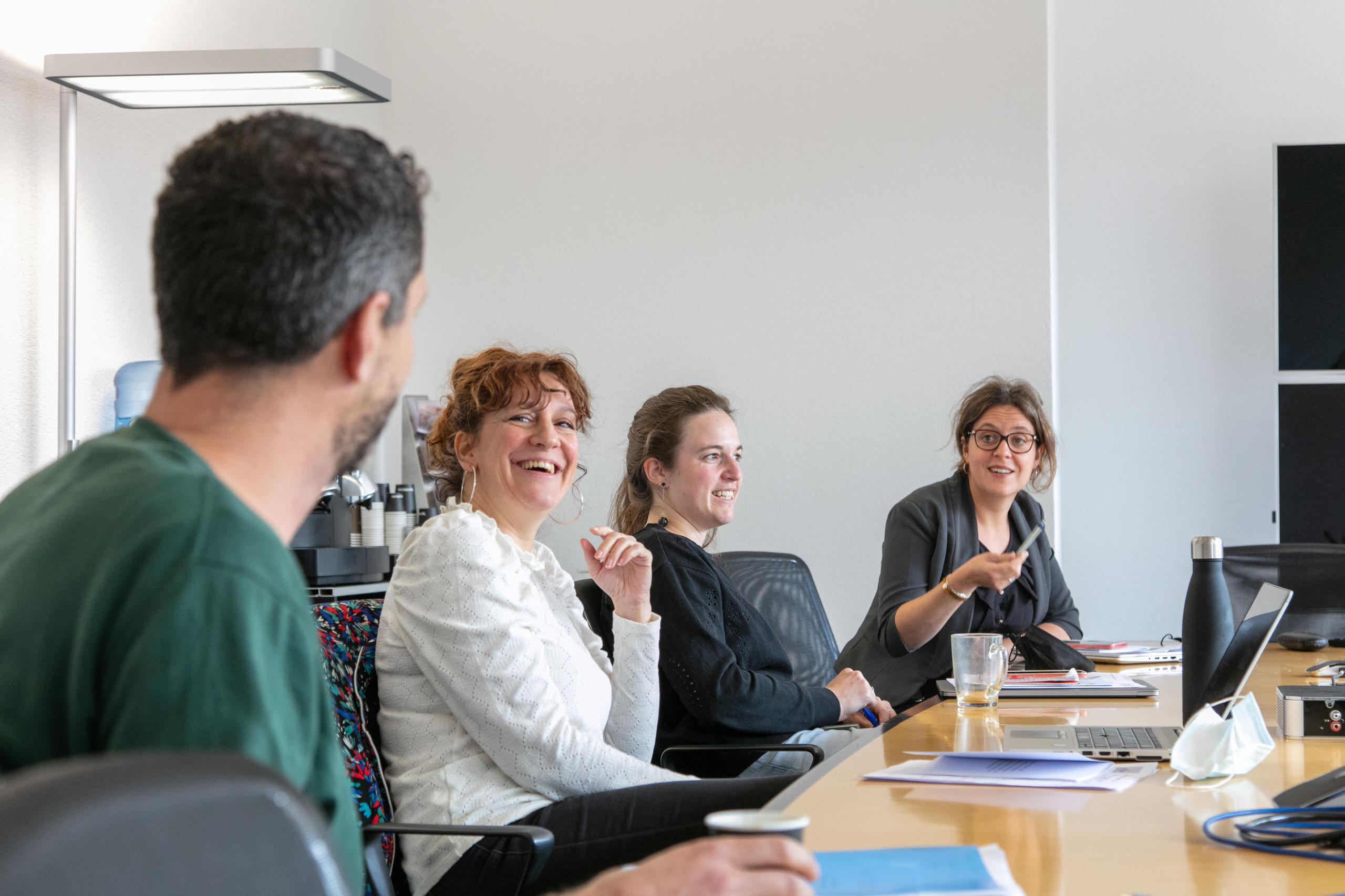
More
SWI swissinfo.ch recognised at quality journalism awards
🎖 Proven journalistic quality
Relevance along with independence, impartiality and balance are central criteria for quality in journalism. In its yearly statistical report, Yearbook on Quality of the Media 2023External link, the Research Center for the Public Sphere and Society (fögExternal link) of the University of Zürich gave SWI swissinfo.ch 7.8 out of ten points (0.1 point more than we received the previous year). This was the best score for any Swiss online media outlet in 2023.
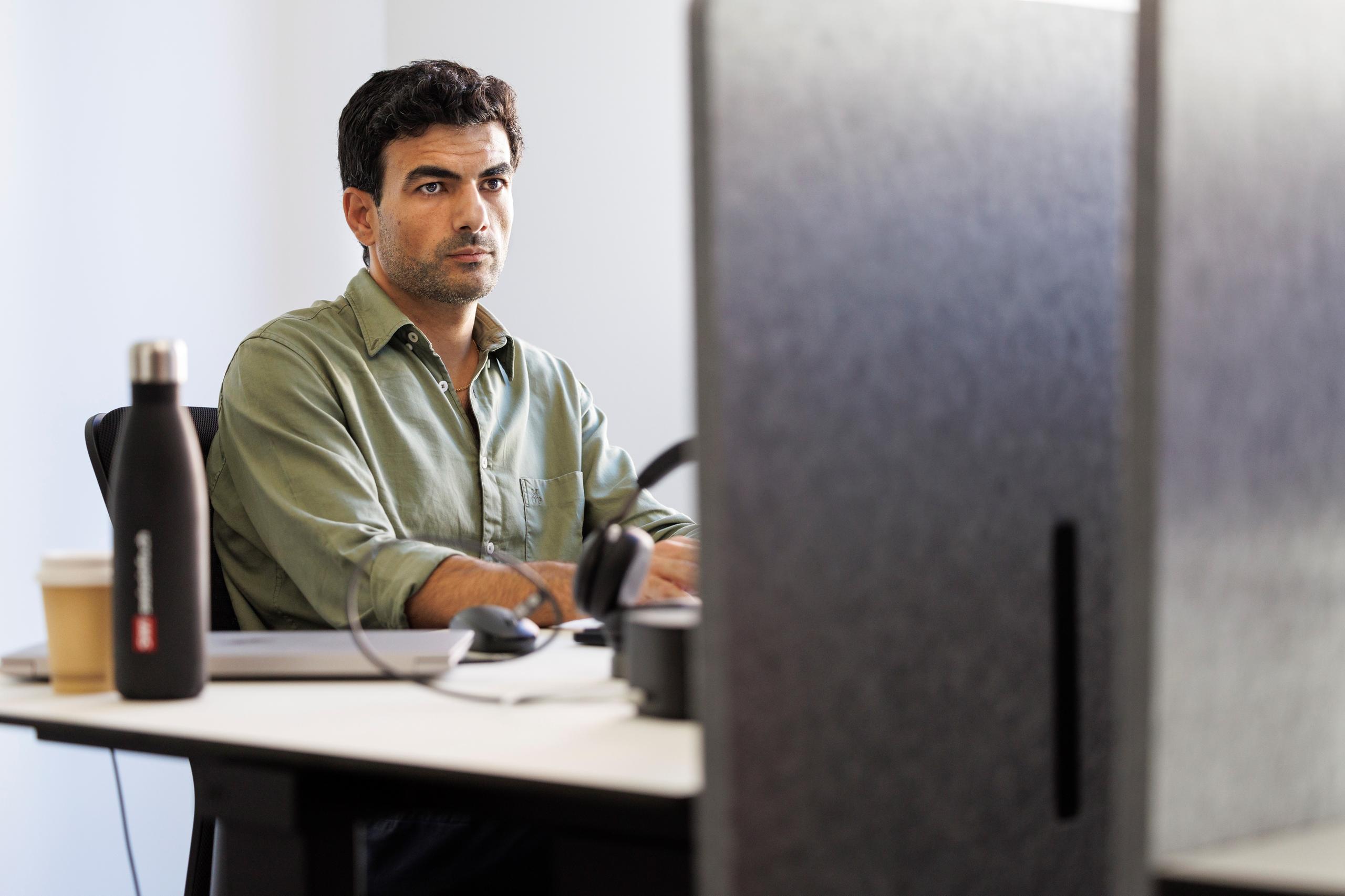
More
SWI swissinfo.ch reaffirms its commitment to reader trust and quality
🎖Certification as a trustworthy source of information
Since the pandemic, “fake news” and disinformation are being spread more easily and quickly. Advances in artificial intelligence are fuelling a trend in deepfakes – images or videos that are doctored to mimic the speech or body language of a public figure with increasing efficacy.
So it’s become ever more important for people and search engines alike to be able to quickly and clearly recognise sources of information that are trustworthy. For this, the organisation Reporters without Borders launched the Journalism Trust Initiative (JTI) a few years ago.
Those outlets which meet all of the organisation’s criteria are entitled to use the JTI label for two years. SWI swissinfo.ch met the requirements again in 2023 and may now continue to use this certification.External link
🎖Award for inclusive language
SWI swissinfo.ch received the Social Impact Award from the International Broadcasting Convention (IBC) for its data-based promotion of inclusive language in its ten-language digital newsroom.

More
SWI swissinfo.ch wins IBC’s Social Impact Award
How we work
Throughout the year, our users asked us many questions about how we work. How are topics for SWI swissinfo.ch stories selected? How do we launch debates? Why do we publish opinion pieces?
To answer questions about our day-to-day work for our users, we created a series of short videos.
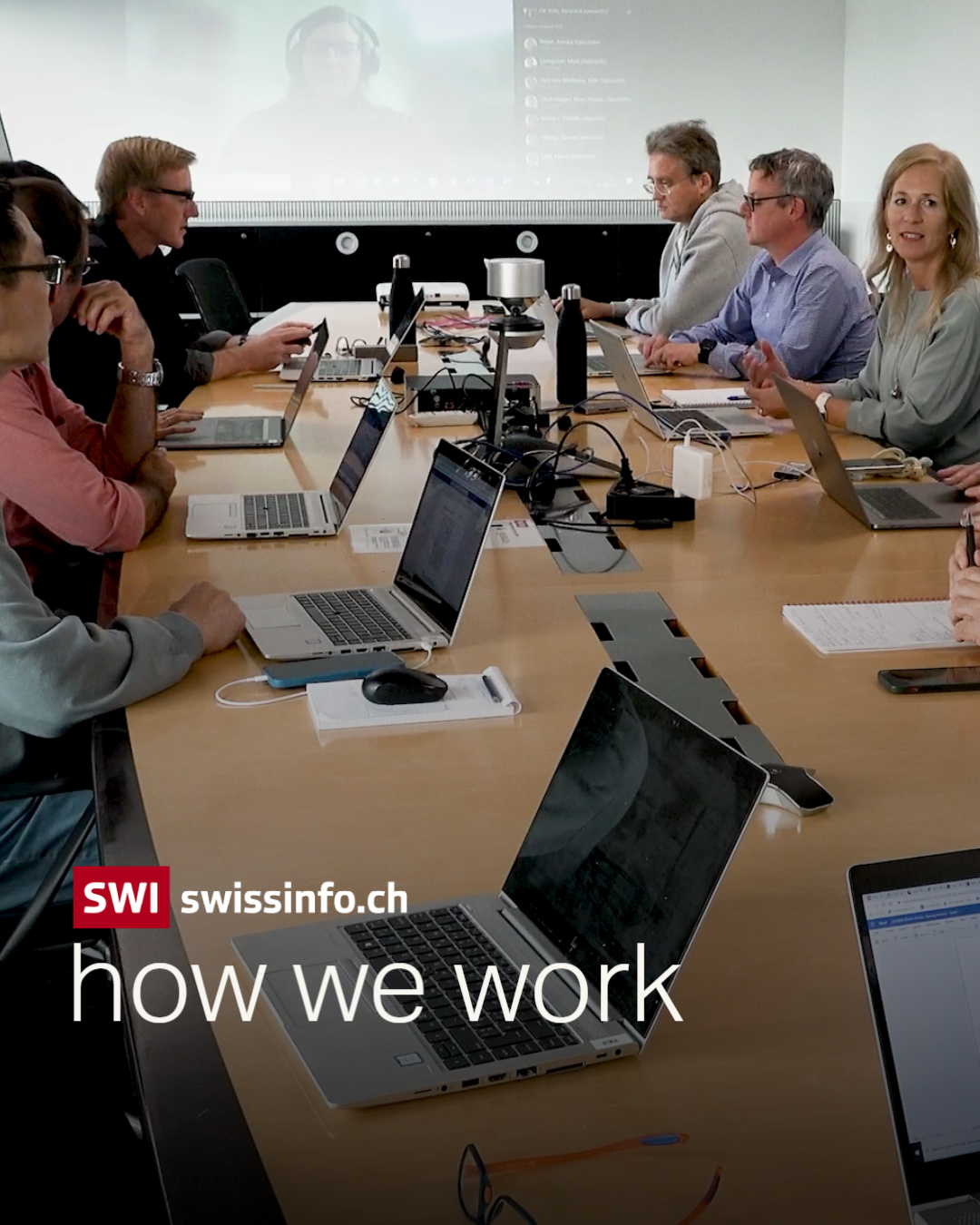
More
How we work: story criteria
Adapted from German by Terence MacNamee/Geraldine Wong Sak Hoi

In compliance with the JTI standards
More: SWI swissinfo.ch certified by the Journalism Trust Initiative






























